
Culture
22:23, 04-May-2018
Searching for the light: Blind violist lands a spot in prestigious UK music school
Jiang Yuting
04:16
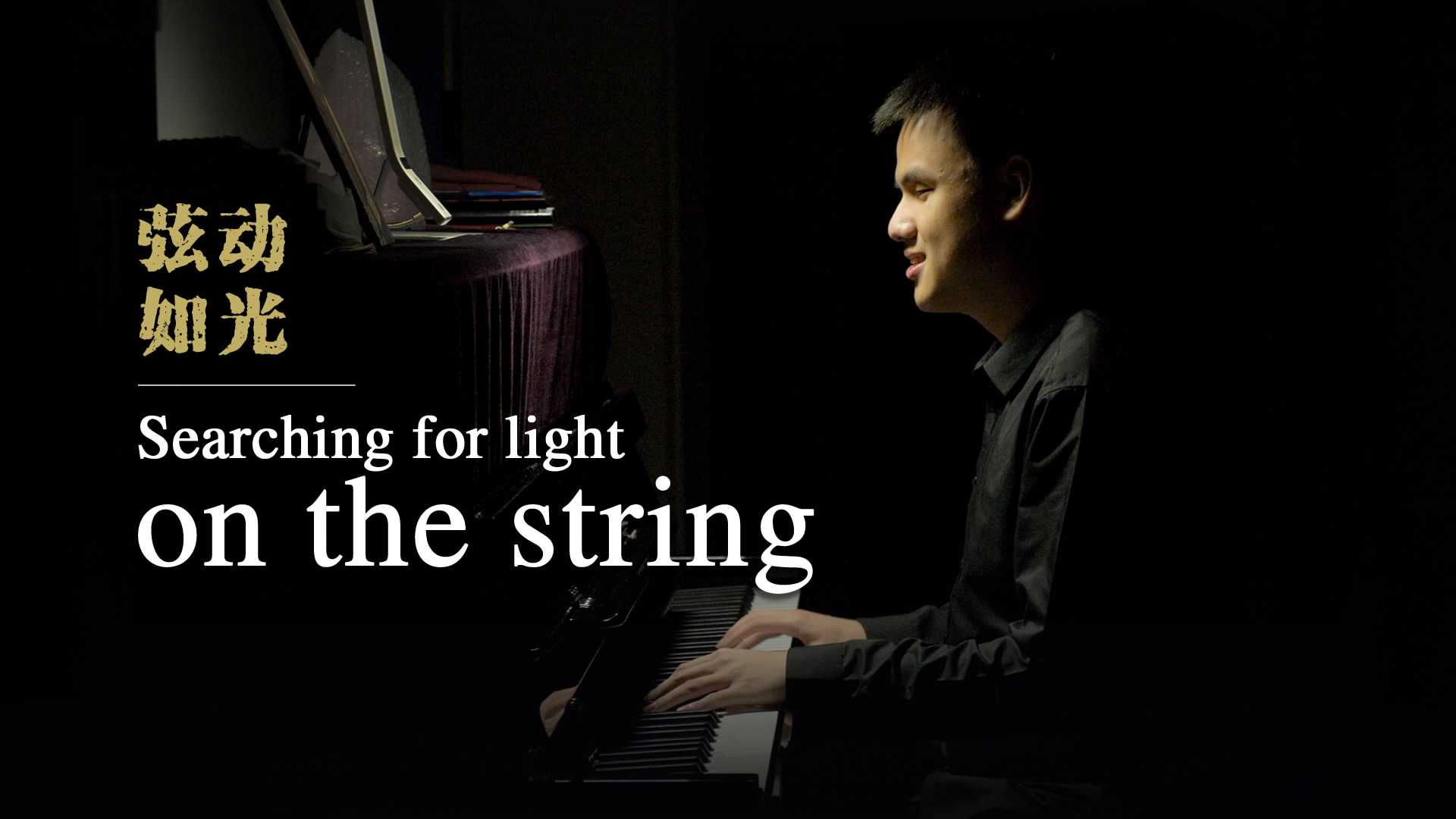
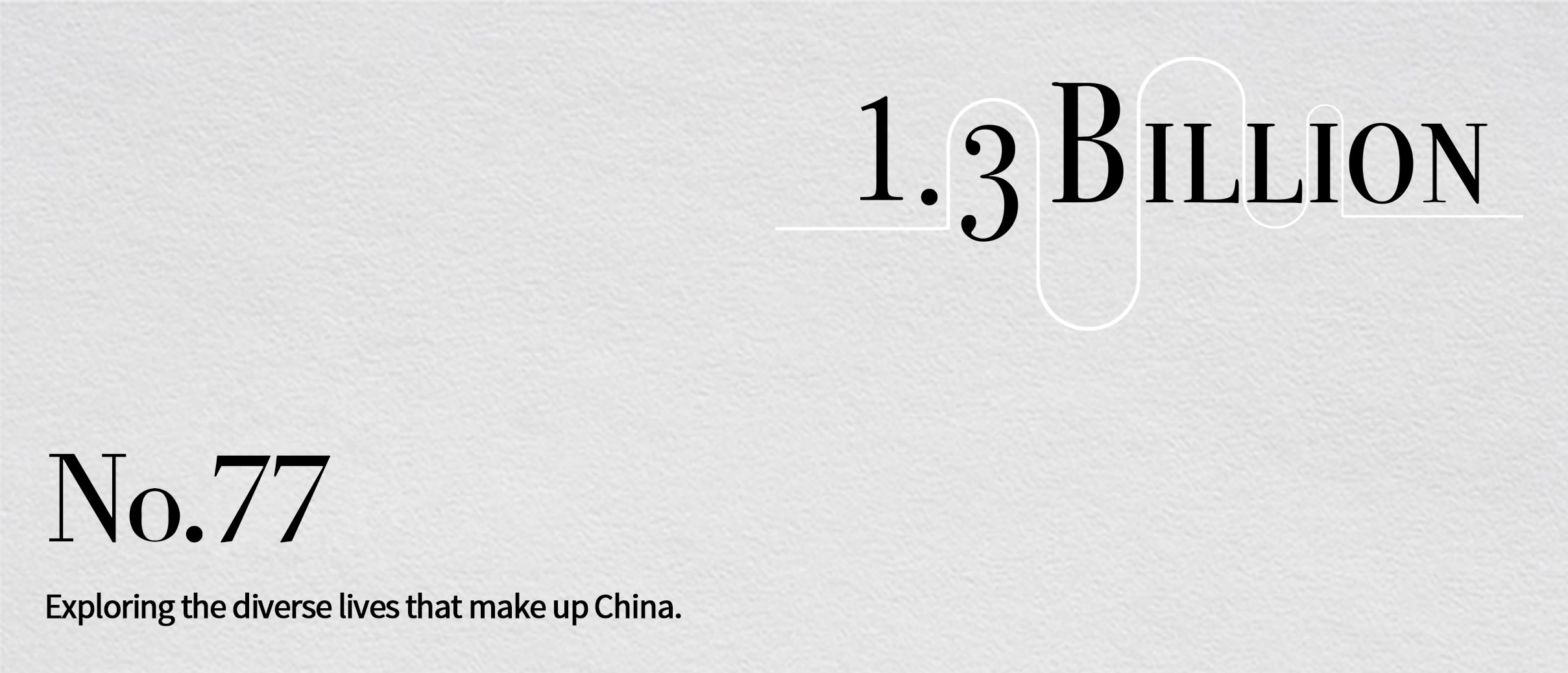
CGTN
CGTN
Violist Wang Zi’an remembers the date December 22, 2017 very well.
That morning, the 18-year-old viola player from Guangzhou received an acceptance letter from the prestigious Royal Birmingham Conservatoire in the United Kingdom – a moment he had been looking forward to for years.
Holding the letter, Wang was both surprised and excited. After 13 years of pursuing music – despite his blindness – he hoped to one day become a professional musician. The enrollment comes as a reward for Wang's 13 years of persistent pursuit of music as a profession.
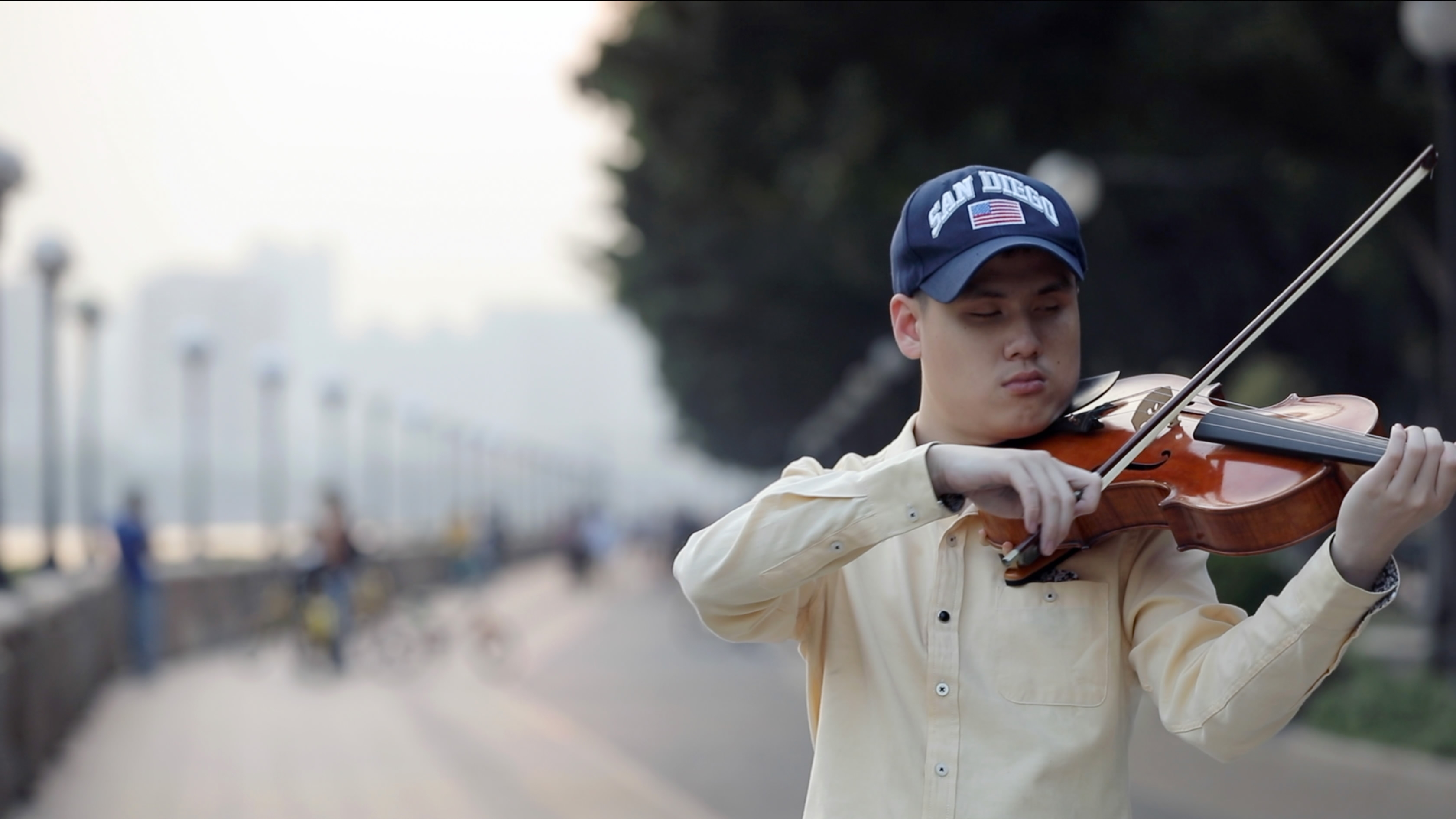
Wang Zi'an
Wang Zi'an
Wang lost his eyesight due to his premature birth.
“It was an unbearable shock for me and his mother. We made a promise to be by his side and be his eyes in the future,” said Wang Xiaohong,Wang Zi’an’s father.
Although his blindness made him different from other children, the couple decided to raise him just as they would with any other child. They let him explore and develop his potential freely.
As a child, Wang loved to ride his bicycle in the garden. He liked to buy his own breakfast in the morning, and was crazy about airplanes. Above all, his happiest moments were when he was sitting in front of the piano.
The magical feeling of his fingers moving across the black and white keys showed him a new world.
It was this piano that began his musical journey. Starting at the age of five, he studied the piano for eight years, and later switched to the viola – where his acute hearing ability gave him an advantage.
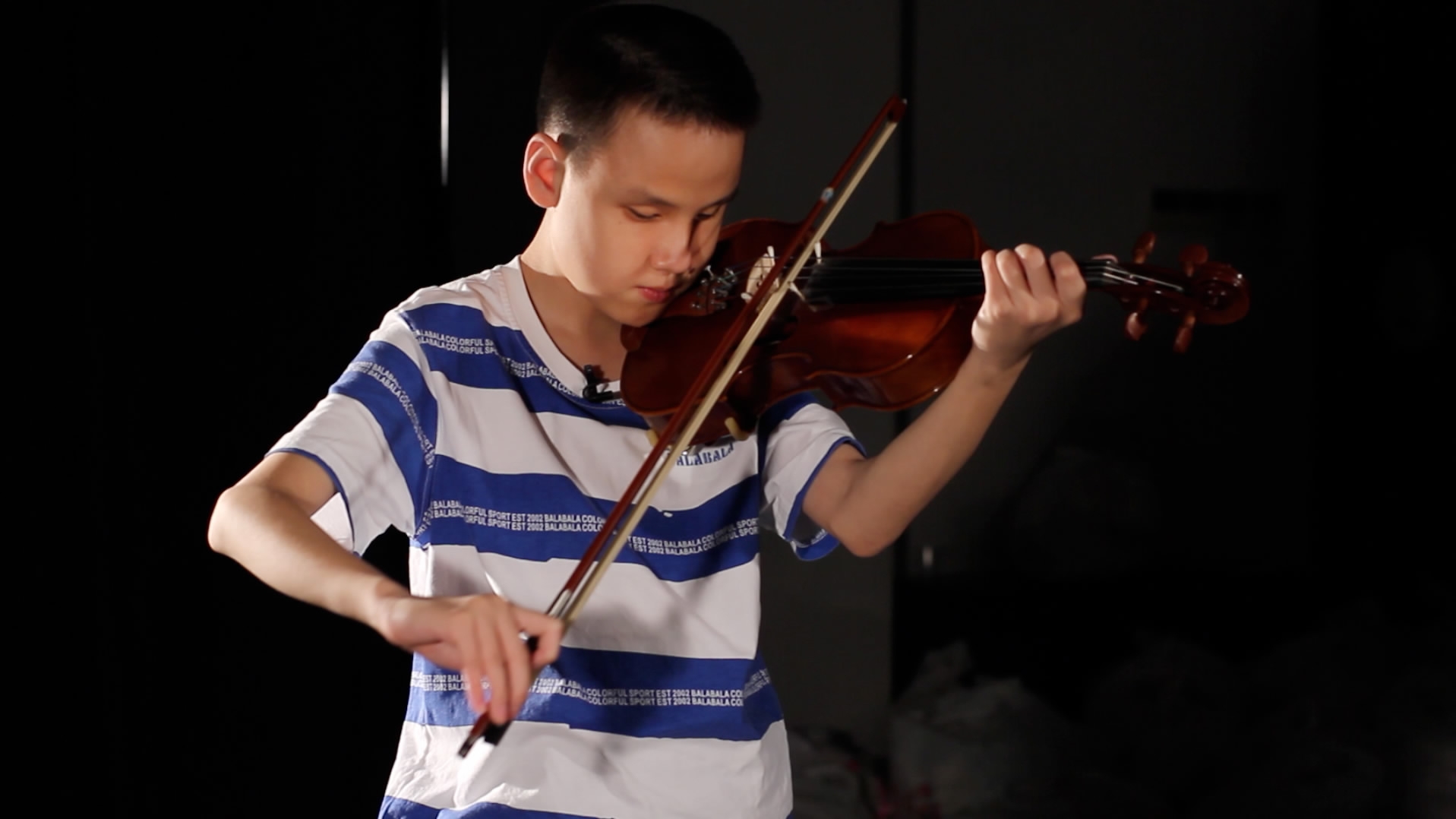
Wang Zi'an practices the viola.
Wang Zi'an practices the viola.
Wang is determined to pursue music as his profession, despite what other people think, as the mainstream ideas about what a visually person in China should do often confuses and frustrates him.
Before his acceptance to the Royal Birmingham Conservatoire, Wang was rejected by a conservatory in Guangzhou three times.
In the school’s last entrance test, he received unanimous praise on the level of his skills, but still didn’t get in due to what the school said was lack of resources to assist a blind student.
“Growing up, these setbacks were difficult for him, but we wouldn’t let him give up his dream because of them,” said Wang Xiaohong.
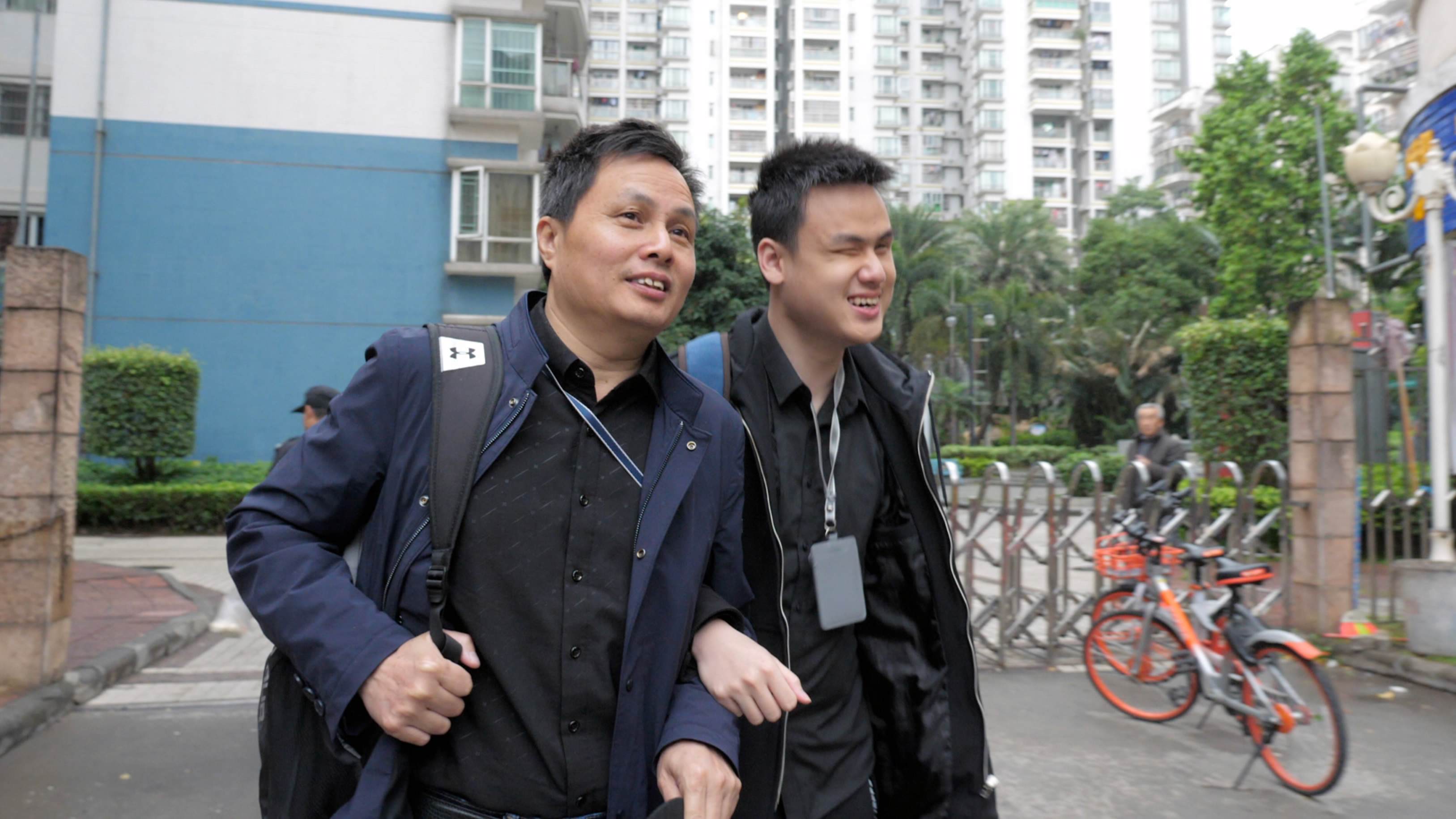
Wang Zi'an and his father
Wang Zi'an and his father
Statistics show that there are over 13 million visually impaired people in China, at least one in every 100 people, however, people seldom see them on the streets.
Blind people in China follow a special system of education, which separates them from regular students. They normally enroll in blind schools and upon graduation, a few of them enter a special education college in universities across China.
Compared with other people, they lack the variety of choice for their own future and access to proper social growth. Most blind people in China choose massage-related occupations as a way of making a living.
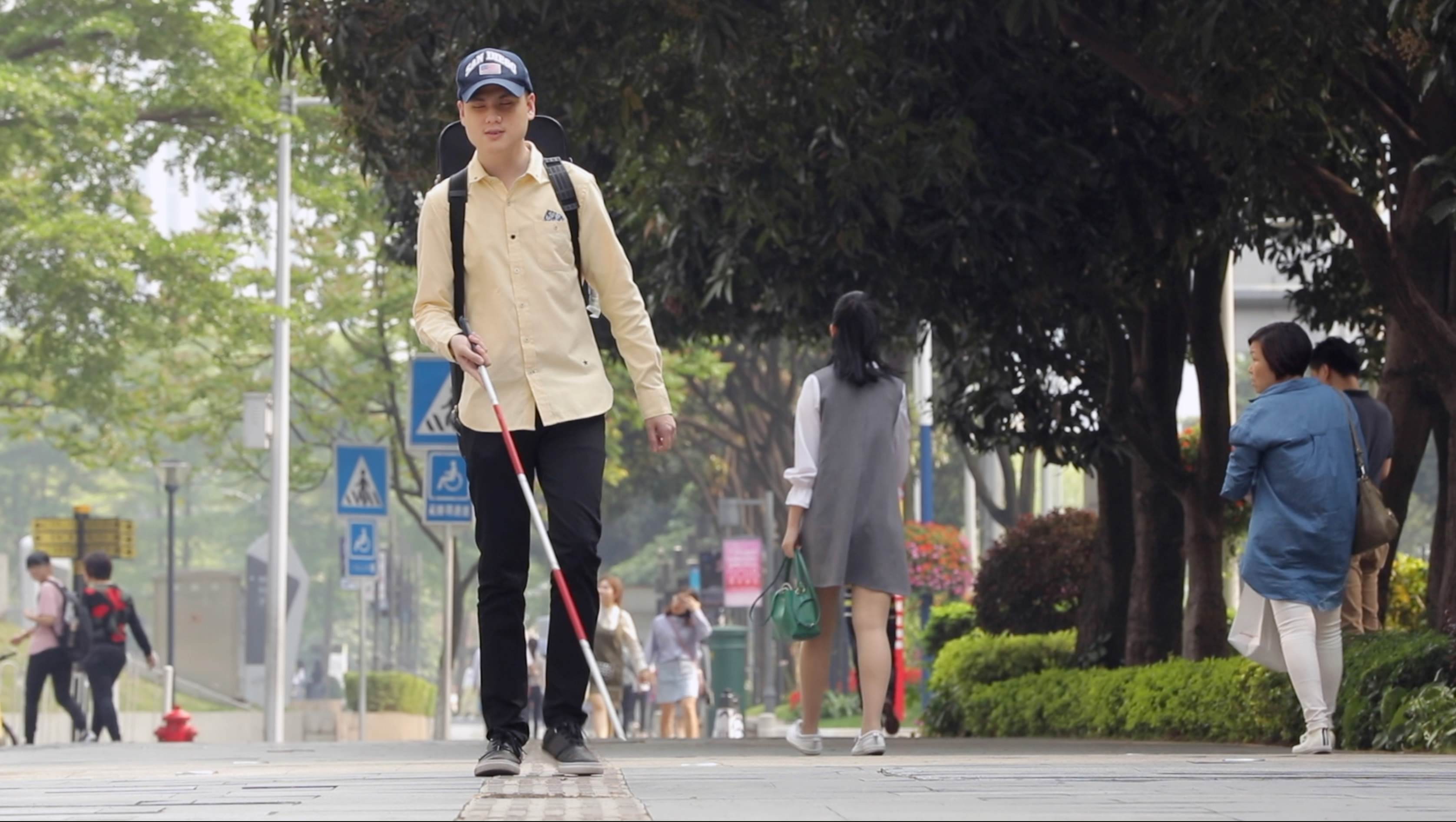
Wang Zi'an walks on the street in Guangzhou.
Wang Zi'an walks on the street in Guangzhou.
These days, Wang is preparing for the IELTS, an English test that is required for international study. It has a large number of questions, and is even more difficult for him. Four pages of the test’s reading section could translate into 40 pages of braille. In order to read, Wang needs to touch them word by word.
Until now, he has participated in five IELTS tests and is still striving for a better score.
Wang has faced a lot of difficulties, but the-19-year-old just smiles and says: "If I fail this time, I’ll try it again. I believe I will make it eventually. "
In his spare time, he likes to read, surf online and learn about music and audio production.
The speed of his screen reading software is five times faster than that of a regular person. Thus, when reading articles online, he is not any slower than other people.
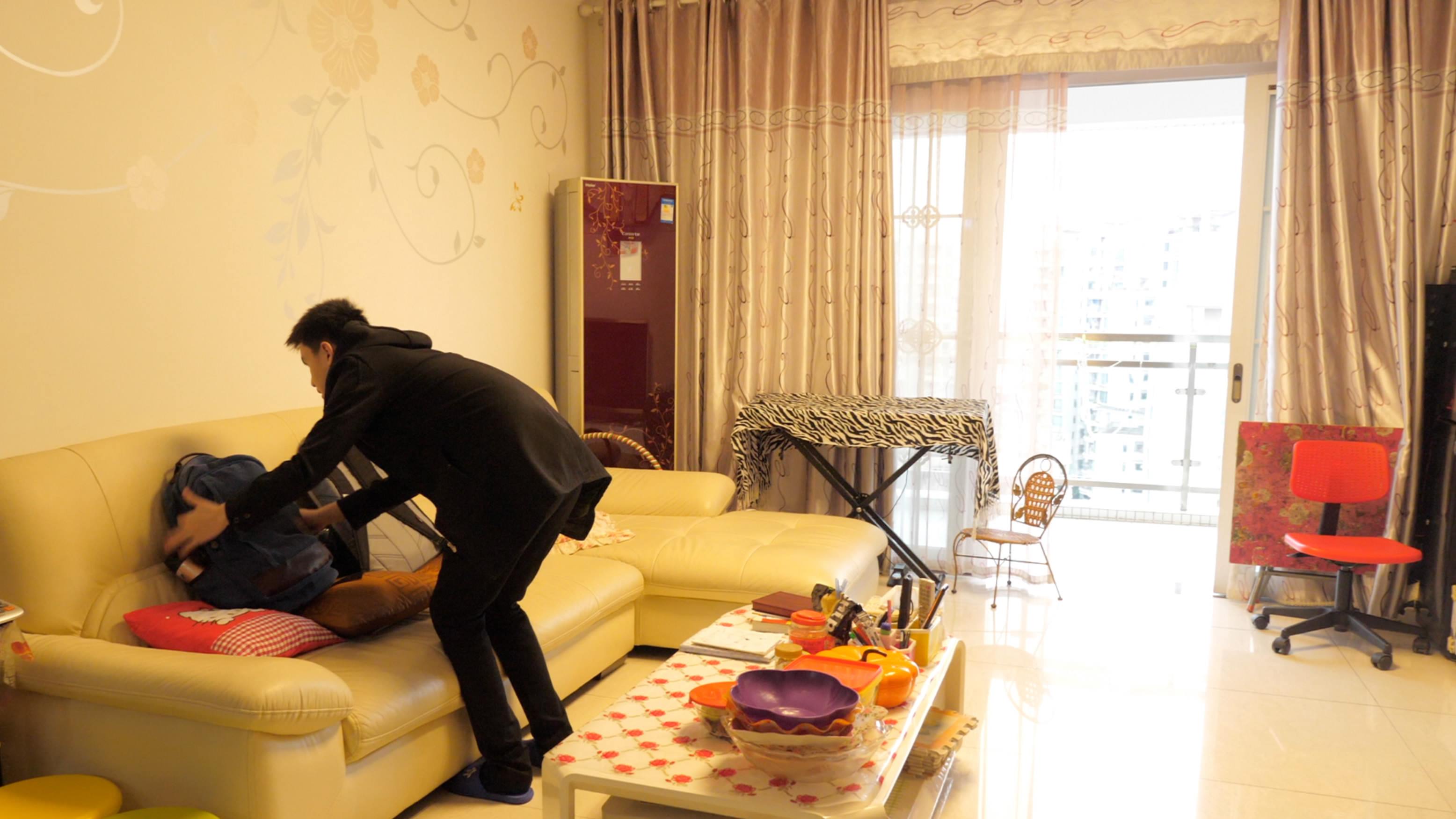
Wang Zi'an prepares to take the IELTS test.
Wang Zi'an prepares to take the IELTS test.

Reading
Reading
Wang began to participate in the "After Rainbow" Fusion arts group in the Children's Palace of Guangzhou at the age of 11. The Fusion Arts Group adopted the concept of "Integrated Education" to allow children with special needs such as visual impairment, autism and physical disabilities to learn and play with ordinary children, emphasizing that everyone has strengths and weaknesses.
In this special team, Wang is known as the "Prince of Viola." Growing up with the group, he not only reaped the joys of music, but also learned the meaning of diversity and mutual understanding.
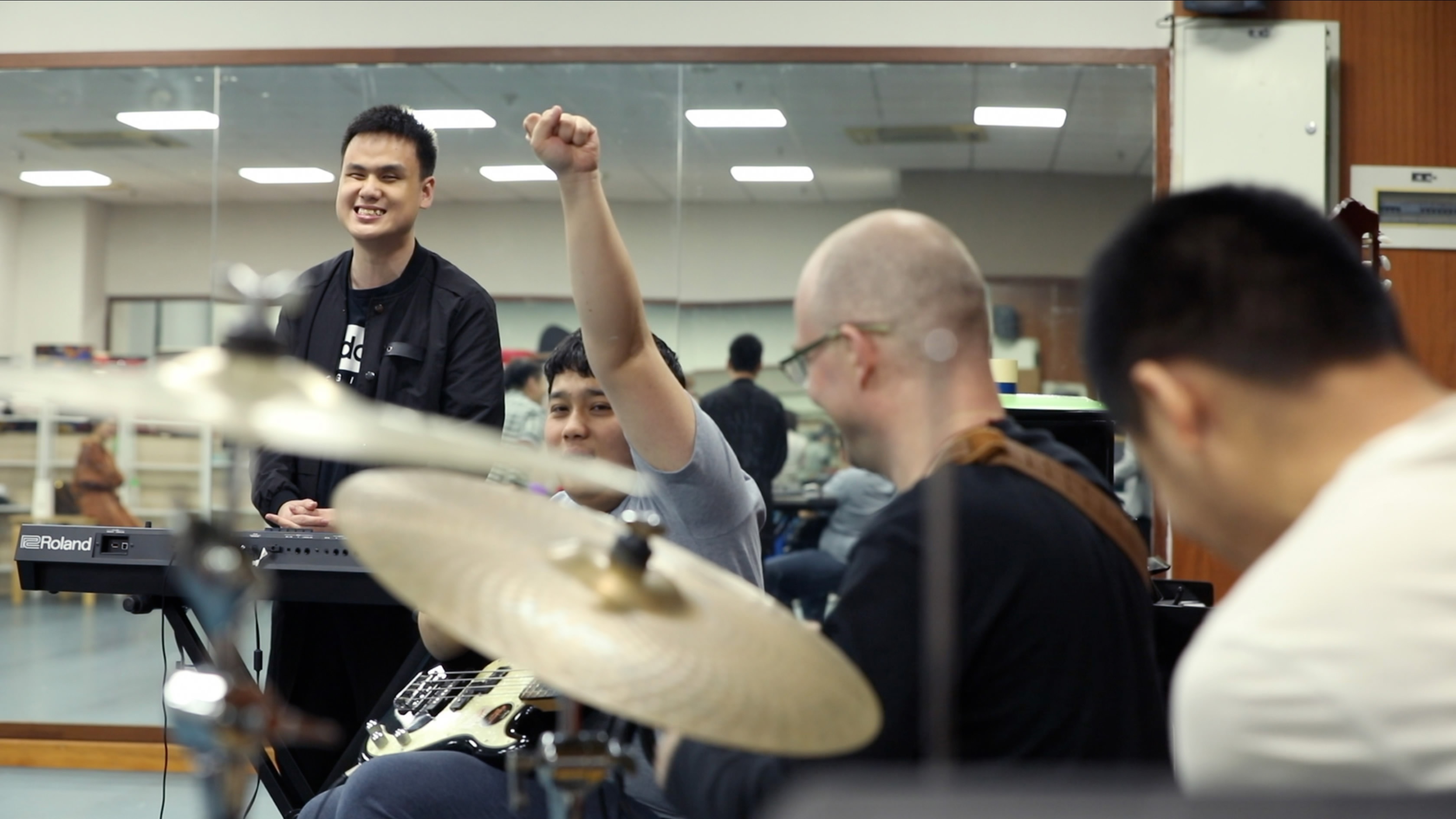
Wang Zi'an plays music with friends at Guangzhou Children's Palace.
Wang Zi'an plays music with friends at Guangzhou Children's Palace.
Wang is set to embark on a new journey of studying in a foreign country.
For the future, he admits there is pressure and uncertainty but he is more excited and has high expectations for the future. He looks forward to learning more about music and will probably apply for graduate schools upon his graduation from college.
He is determined to become a musician and engage in work related to musical education so that he can share the knowledge and ideas he has previously learned.
As someone who might be the first blind person to study in an overseas music school, Wang knows being a pioneer is not an easy task but he has never once wavered.

The story is one in The 1.3 Billion series exploring the diverse lives that make up China.
The story is one in The 1.3 Billion series exploring the diverse lives that make up China.

SITEMAP
Copyright © 2018 CGTN. Beijing ICP prepared NO.16065310-3
Copyright © 2018 CGTN. Beijing ICP prepared NO.16065310-3